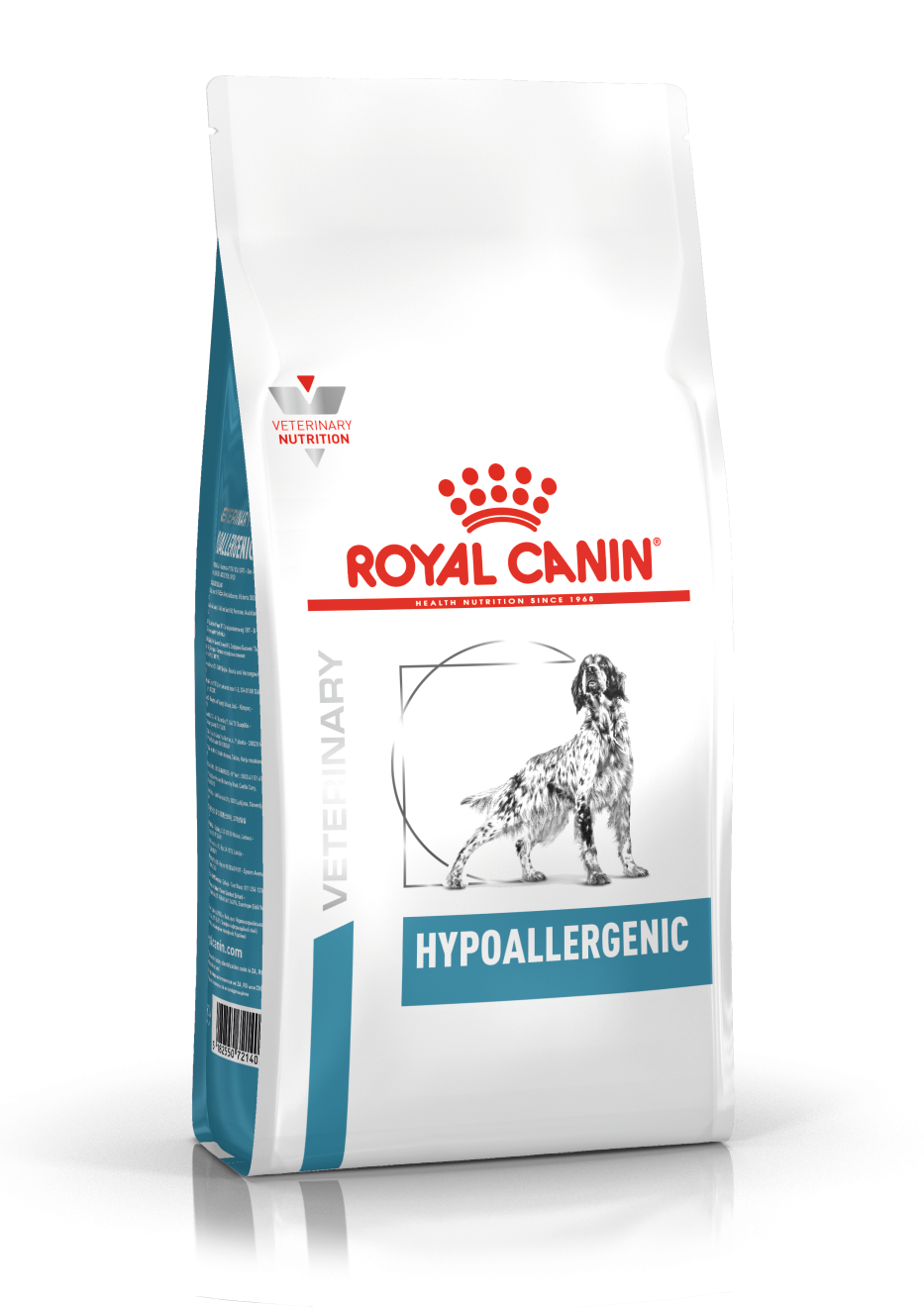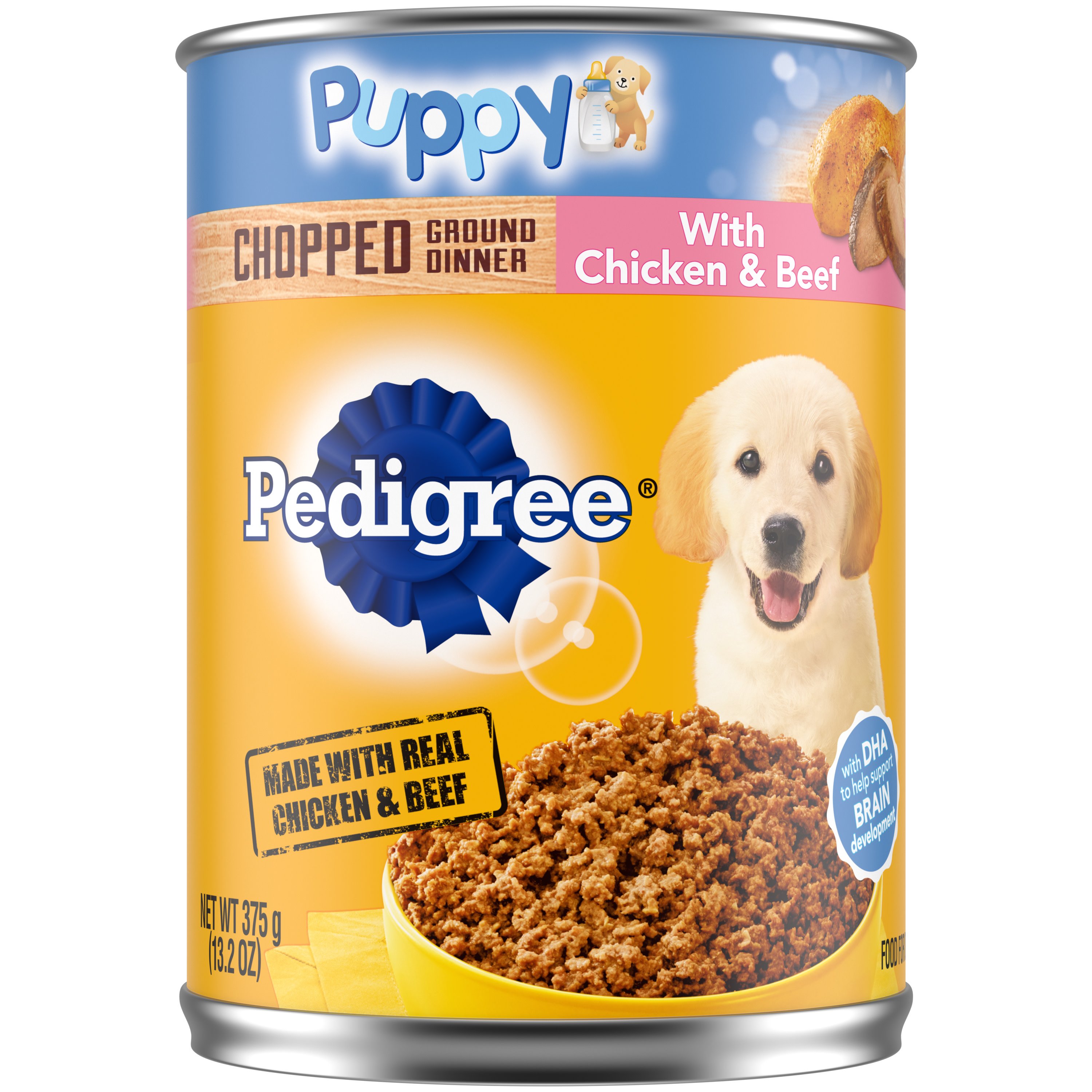
Bulldogs are a British-breed dog. The Bulldog is a medium-sized, heavy dog with a nose and face that resembles a mastiff. The intelligence and loyalty of this dog are well-known. You will need to learn some important information about the Bulldog before you consider getting one as your pet.
Historical background
Bulldogs used to be small dogs that were companions for humans or other animals. However, with the rise of dogfighting and the need to protect livestock, their size increased and the dogs were eventually crossed with terriers. The English bulldog was born from this breed. This breed has been around since ancient times.
Bullbaiting is now a rare breed. However, bulldogs were once bred for their aggressiveness and power. Bulldogs were born with strong bones, heavy muscle, and a strong chest. This made them perfect for baiting bulls. But it also created serious health problems.
Characteristics
Bulldogs have several desirable qualities that make them a great pet. Bulldogs are quiet, but they can snore and wheeze. They also shed moderate amounts and are relatively low-maintenance. Their short hair requires minimal grooming. However, the wrinkles on their faces should be wiped often to prevent infection.

In its original form, the Bulldog was bred as a bull-baiting dog. This practice bred dogs with aggressive tendencies, but bullbaiting was banned in England in the nineteenth century. The English bulldog was bred in this era for its friendlier nature.
Problems in the health
Bulldogs could have several health issues. These can include allergies, skin issues, and problems with internal organs. Many of these problems are treatable with medication. For Bulldogs suffering from any of these conditions, it is important that you consult your veterinarian. Skin allergies are particularly common in French Bulldogs. There are many factors that can cause skin allergies, including food intolerances, parasites, and environmental factors. These conditions can cause skin wrinkles that can lead to infections.
Tear staining is another common problem in Bulldogs. Tears staining is an indication of inflammation of the tear duct, which prevents proper drainage of the eyes. The stains can be removed by cleaning out the eyes. However, moisture left behind can make the dog susceptible to yeast and bacteria, which can lead directly to infection. Tear staining could be due to genetics or allergies.
Type of body
Bulldogs can be described as strong and muscular. Its shoulders and head are barreled and muscular, and the back is slightly arched. It has a well-defined and thick tail. Its legs, which are very short and stocky, have good muscle definition. Their legs form a sturdy stance.
Bulldogs can be very large, but there are also some disadvantages. For one, these dogs require moderate amounts of exercise. For another, English Bulldogs do not require a yard. Their size varies from small to large depending on the body type.
Water sensitivity

Bulldog water sensitivity is a condition where your bulldog may be hypersensitive to water. There are several causes of this condition. Dry skin is the most common problem. Bulldogs may scratch excessively if they have dry skin. Lack of moisture can cause skin to dry out and become infected. It can also cause yeast infections and hot spots.
Other causes of water sensitivity are damaged teeth pain and other conditions. In such cases your dog may refuse water. Your dog may also refuse to drink water if they are anxious or have separation anxiety.
FAQ
Should I spay/neuter/neuter my dog or not?
Yes! It is vital to spay/neuter your dog.
Not only does it reduce the number of unwanted puppies in the world, but it also reduces the risk of certain diseases.
For example, breast cancer rates in female dogs are higher than in males.
There is also a greater chance of testicular carcinoma in males than in females.
It is also a good idea to spay or neuter your pet so she doesn't have babies.
What should I do if my pet dog bites someone?
If you are attacked or threatened by an animal, ensure that it is not rabid. If this is impossible, you can call for help. Do not try to resolve the situation on your own, as you may be seriously injured.
If the pet is not aggressive but bites, it should be taken to a veterinary hospital. Your vet will examine the animal and decide if any additional treatment is required.
Most cases will require rabies shots. However, you should never administer these yourself. Only a qualified person should do so.
What is pet assurance?
Pet Insurance offers financial protection to pets in case they are injured or become sick. It also covers routine vet care such as vaccinations and spaying/neutering.
It also pays for emergency care if your pet is injured or has an accident.
There are two types to pet insurance
-
Catastrophic – This insurance pays for the medical costs of your cat in case of serious injury.
-
Non-catastrophic – This type covers routine costs for veterinary care, including vaccinations, microchips or spays/neuters.
Certain companies offer both catastrophic coverage and non-catastrophic. Others may offer one or both.
These costs are covered by a monthly payment. The amount depends on how much you spend on your pet's care.
The price of insurance depends on which company you choose. Make sure to shop around before you buy.
You may be eligible for discounts if more than one policy is purchased by the company.
You can transfer an existing pet plan from one company to another if you have it.
If you choose not to purchase any pet insurance, you will need to make all payments yourself.
There are still ways you can save money. Ask your veterinarian about discounts.
You may be disregarded by your pet if he sees you frequently.
If you prefer to pay for a pet, there are many options.
Remember, no matter what kind of insurance you buy, you must read the fine print carefully.
It will let you know exactly how much your coverage is worth. If you don’t understand something, contact an insurer immediately.
What kind should I feed my dog?
A healthy diet is essential for your dog.
High-protein foods include chicken, beef and fish as well as eggs and dairy products.
Other foods that are high in carbohydrates include fruits, vegetables, bread, cereals, pasta, rice, potatoes, and beans.
Foods low in fat include lean meats such as poultry, fish, eggs, nuts, seeds and whole grains.
Before giving your dog different types or foods, it is a good idea to check with your vet.
How do I know if my dog has fleas?
There are fleas that can cause your pet to scratch at its hair, lick itself too often, or look dull and untidy.
Flea infestations could also be suspected if you notice redness on your pet’s skin.
Take your pet to the veterinarian as soon as you can for treatment.
Statistics
- In fact, according to ASPCA, first-year expenses can sum up to nearly $2,000. (petplay.com)
- Pet insurance helps pay for your pet's medical care, with many policies covering up to 90 percent of your vet bills. (money.com)
- Reimbursement rates vary by insurer, but common rates range from 60% to 100% of your veterinary bill. (usnews.com)
- A 5% affiliation discount may apply to individuals who belong to select military, law enforcement, and service animal training organizations that have a relationship with Nationwide. (usnews.com)
- Here's a sobering reality: when you add up vaccinations, health exams, heartworm medications, litter, collars and leashes, food, and grooming, you can expect a bill of at least $1,000 a year, according to SSPCA. (bustle.com)
External Links
How To
How to train a cat for a pet
You must first know what type of cat you are before you can train him/her. Cats possess complex brains. They are intelligent animals, and they are also highly emotional creatures. It is important to understand your cat's personality in order to ensure that he/she behaves well. You must know how to handle him/her properly.
It is important to remember that cats are independent beings. This means they don't like being told "no". So if you tell them "no," they may get angry at you. This is why you should never punish your cat for doing something wrong. Although your cat deserves love and affection from you, it doesn't mean that you should treat him/her as a human being.
If you suspect that your cat may have some issues, then it is best to work together to fix them. Talk to your cat calmly, and be gentle. Do not yell at him/her. Remember that yelling makes him/her feel bad. You cannot force your cat into eating. Sometimes your cat will not eat what you offer. If this happens, it is time to give treats. However, don't over-indulge as this could lead you to overeating.
You should always keep your cat clean. Every day, wash your cat thoroughly. Use a wet cloth to wipe off dirt and dust. You must ensure that your cat has no fleas. Flea bites may cause skin irritation or allergies. If you notice any signs of fleas, then you should use a special shampoo to remove them.
Cats are social animals. They enjoy spending time with people. You should spend quality time together with your cat. You can play with your cat, give him/her food, cuddle and brush him/her. These activities will make your cat happy.
Training your cat should be done early. When your kitten is just two weeks old, you should begin training him/her. Three months is the best time to start training your cat. By this age your cat is fully grown and ready for new adventures.
When teaching your cat tricks, you should go through each step step by step. You should first show your cat the chair before you teach it to sit. Next, show your cat the chair and reward them with treats. Keep repeating these steps until your cat gets it.
Keep in mind that cats are intelligent animals. Cats can quickly figure out how they should perform tasks. They do require patience and perseverance. Your cat won't be able to do a task instantly. Give your cat lots of time to practice before giving in.
Keep in mind that cats come from the wild. They are playful and naturally curious. If your cat runs free, it's possible for him/her to accidentally knock objects over. You should make sure your cat is in a safe place so that he/she doesn't get hurt.